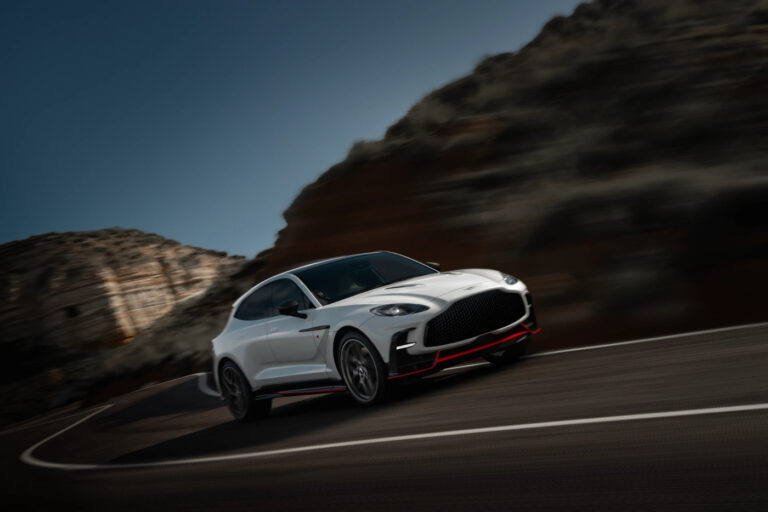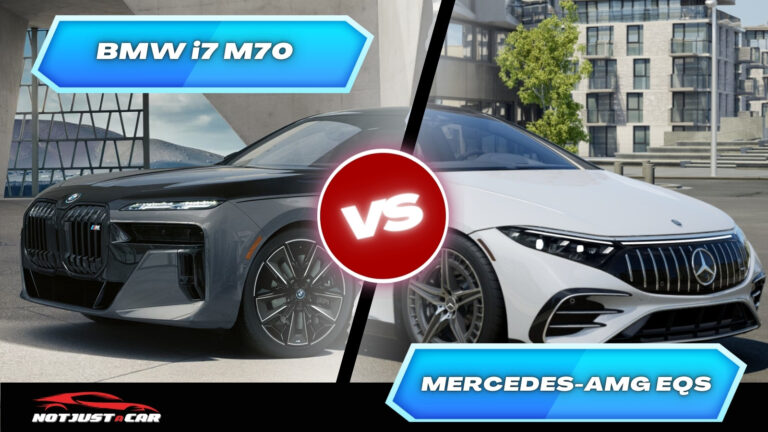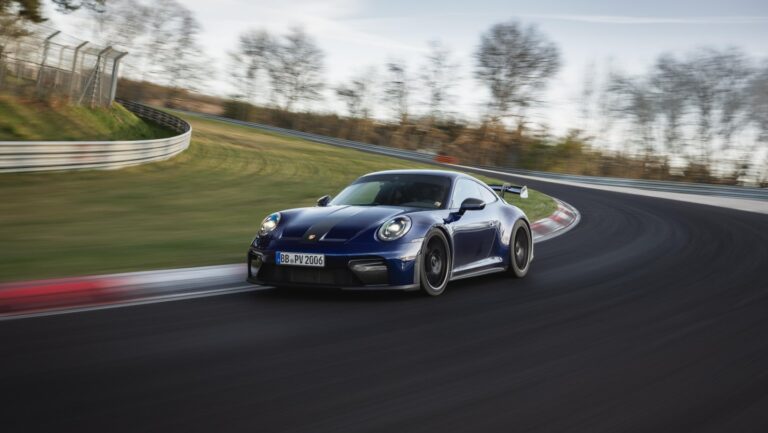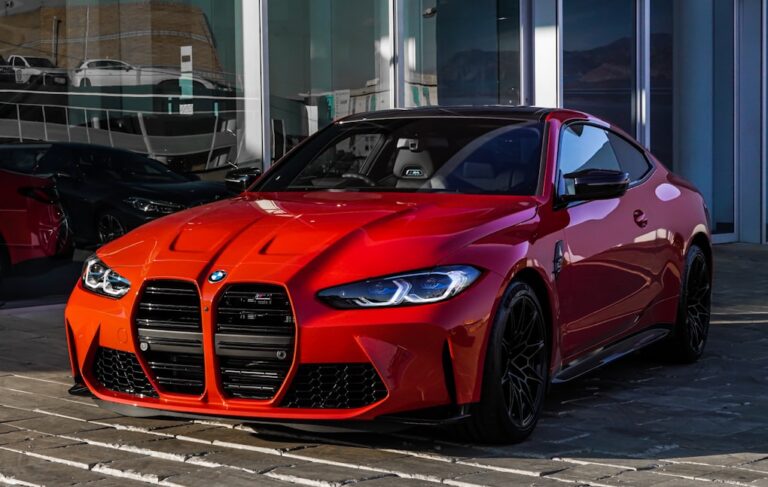Indonesia’s Car Market Just Woke Up, and EVs Are the Caffeine
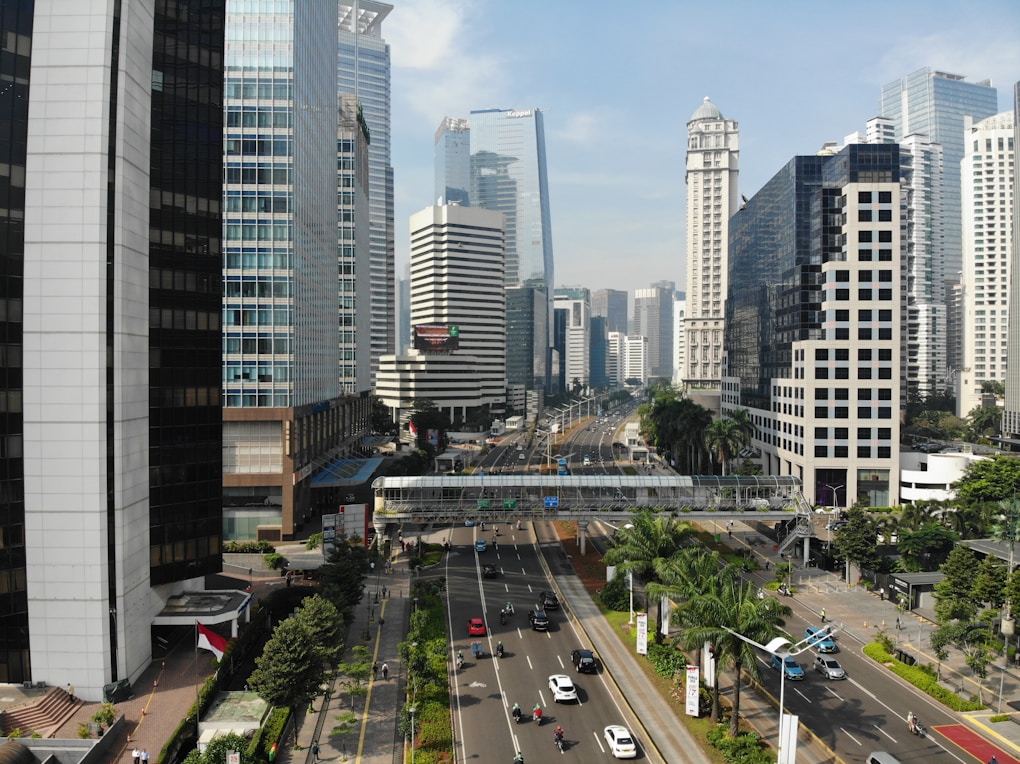
After months of market slump, electrics are giving the Indonesian auto industry the jolt it needed
Key Points:
- February car sales rose 2.2% year-on-year, first growth since June 2023
- Electric vehicles driving the market recovery
- Growth reflects broader shift toward sustainable transportation
When most people think of automotive markets, Indonesia probably isn’t the first country that comes to mind.
But this Southeast Asian nation of 270+ million people is actually a huge player in the regional car scene, and what happens there matters. That’s why their first car sales growth since mid-2023 is significant news – especially since EVs are driving the comeback.
February’s 2.2% year-on-year growth might not sound earth-shattering, but after eight consecutive months of decline, it’s like seeing the first green shoots after a long winter. And the fascinating part is which vehicles are leading the charge – electric ones.
Indonesia has been on a mission to become an EV manufacturing powerhouse, leveraging their massive nickel reserves (a critical component in most EV batteries). The country’s president, Joko Widodo, has been pushing hard for this transition, seeing it as both an environmental and economic opportunity. And now it seems the domestic market is catching up to those ambitions.
The government gives many benefits to EV companies that are willing to invest in the country, and Chinese car makers such as BYD are taking full advantage of these incentives, which is why they have recorded a record number of sales in the previous years.
What makes this particularly interesting is that Indonesia is traditionally a market dominated by affordable small cars and practical family vehicles. EVs have typically been more expensive and thus a harder sell in price-sensitive markets. The fact that they’re now driving growth suggests either prices are coming down, government incentives are working, or consumer attitudes are shifting – perhaps all three.
This isn’t just about Indonesia, though. It’s a microcosm of what’s happening in many developing markets around the world. While EV adoption started in wealthy countries like Norway, China, and the US, the real volume potential is in populous nations like Indonesia, India, and Brazil. If EVs can succeed there, the global transition away from fossil fuels accelerates dramatically.
For global automakers, Indonesia’s EV-driven growth is a signal to double down on their electric strategies in emerging markets. Companies that can offer affordable, practical EVs suited to local conditions stand to gain enormously as these trends continue.
And for those of us watching the global transition to electric mobility, Indonesia’s numbers are one more data point suggesting that the tipping point might be closer than we think. When EVs start driving growth in diverse markets around the world – not just in wealthy EV hotspots – that’s when the revolution truly becomes unstoppable.
Interesting Facts:
- Indonesia is actively promoting EV adoption to reduce fossil fuel dependence (source)
- The country holds approximately 24% of the world’s nickel reserves, a critical material for EV batteries

